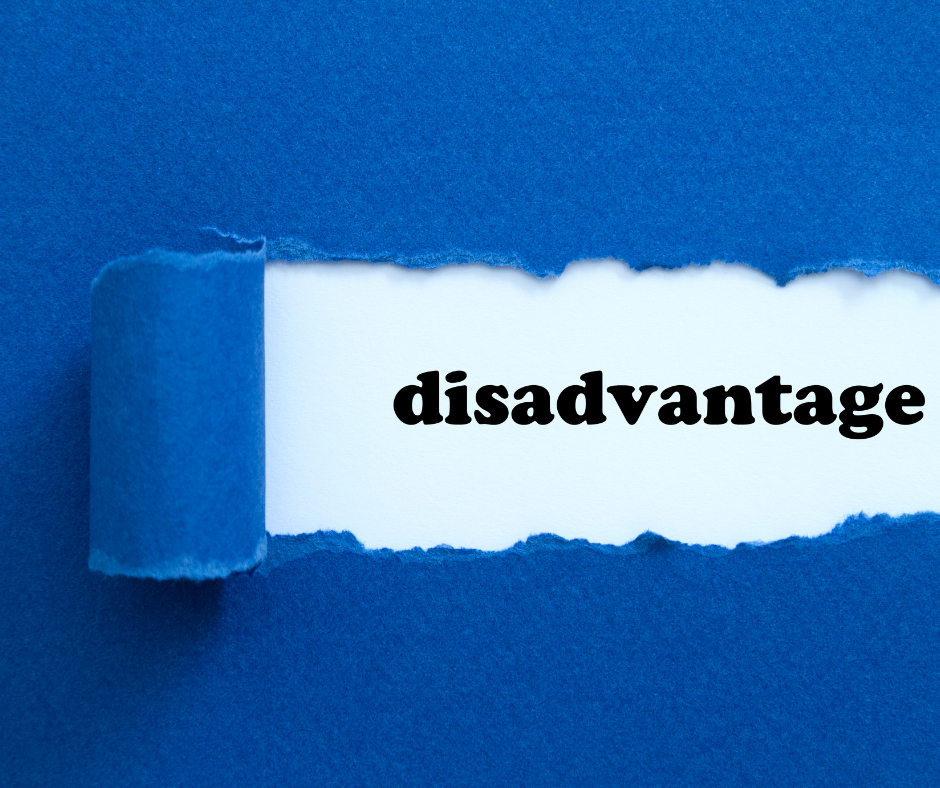In today’s unpredictable job market, where rights, responsibilities, and workplace ethics are under constant pressure, employment contracts have emerged as not just documents—but as shields, safeguards, and strategic blueprints for both employers and employees. Yet too many people enter jobs without ever reading, understanding, or even signing a proper employment agreement. This silence is dangerous.
It is time to change that—now.
What is an Employment Contract? Why Does It Matter So Much?
An employment contract is more than just a formality. It is a legally binding agreement that outlines the relationship between the employer and the employee. It clarifies the duties, expectations, rights, and rewards for both parties. But beyond legality, it is a commitment to fairness, transparency, and mutual respect.
Still think it’s “just paperwork”? Think again.
Without a proper contract, misunderstandings become battles. Verbal promises vanish. And legal protections weaken. That’s why every worker, every business, every leader, must prioritize contract clarity—before the first day of work begins.
7 Powerful Reasons Why Employment Contracts Must Never Be Ignored
1. Clarity of Role and Responsibility
No guesswork. No assumptions. An employment contract defines your exact job role, duties, reporting lines, and expected deliverables. This eliminates confusion and empowers you to work confidently and responsibly from day one.
2. Financial Security
Your salary, benefits, allowances, and bonus structures are written clearly. With a contract, there’s proof of what you’re owed and when. It protects your financial stability and future planning.
3. Legal Protection
In times of conflict or wrongful termination, your employment contract becomes your strongest defense. It is a legal document that can uphold your rights in court, tribunals, or settlements.
4. Built-in Fairness
Employment contracts protect both sides. They ensure employers can expect professional behavior, and employees can expect fair treatment. It sets ground rules that prevent exploitation.
5. Confidentiality & Trust
In sensitive industries, NDAs and confidentiality clauses are vital. A contract binds both parties to ethical behavior. Without one, critical data and company secrets can be mishandled or leaked.
6. Exit Strategy
How will you resign? What notice period is required? Are there penalties for early termination? Contracts spell this out. You won’t feel trapped or betrayed—you’ll have options and security.
7. Peace of Mind
Above all, a contract brings mental peace. In a world full of workplace stress, instability, and risk, knowing that your rights are respected and protected is priceless.
A Call to Action: Don’t Accept a Job Without a Written Contract
To the job seekers:
Do not begin work until you’ve read and signed a full contract. Ask for clarity. Ask for what you’re worth. If the employer hesitates or says, “We’ll sort it later”—that’s a red flag. Walk away if you must.
To the employers:
Stop offering vague verbal agreements. A professional business is one that respects people, processes, and promises. Give your employees a clear roadmap to success and fairness. It will return in loyalty and productivity.
To the policymakers and HR professionals:
Make contracts mandatory across industries, including informal sectors. The future of dignified work depends on standardized employment frameworks.
Conclusion: This Is Not Just a Paper—It’s Your Protection, Your Power
Contracts are not cold. They are not anti-trust. In fact, they are the foundation of trust. They say: “We respect each other enough to make this partnership clear, equal, and legal.”
Let us not treat employment contracts as afterthoughts. Let us make them the first step toward a safer, fairer, and more empowered workplace.
The time to act is now. Before another story of injustice unfolds. Before another employee is exploited. Before another employer is misunderstood.
Dr. Bilal Ahmad Bhat, Founder of Bab Group of Companies, Global Kashmirie Chamber,






